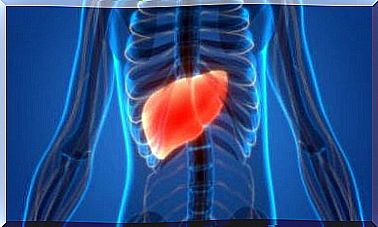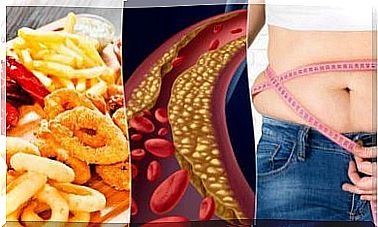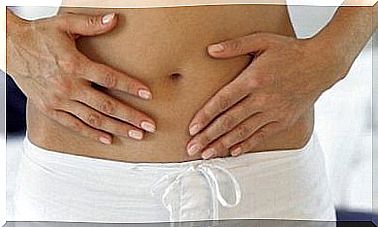Popcorn, Is It Healthy?
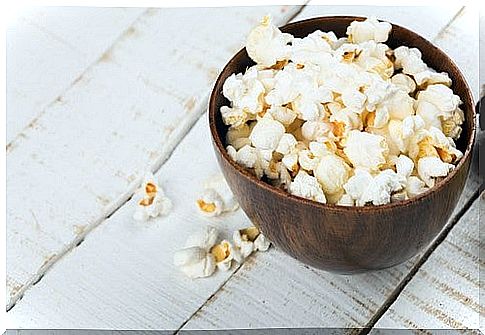
Everyone likes a good portion of popcorn every now and then. This can be during a cozy movie night at home or at an exciting movie in the cinema. There are probably a lot of popcorn lovers out there too, so this article takes a look at what popcorn actually is.
And is popcorn healthy? So what are the unhealthy sides of this snack?
Corn in its natural state is a grain crop that is rich in fiber and is a great source of nutrition for things like:
- folic acid
- Vitamin C
- Niacin or Vitamin B3
Popped corn kernels without additives have been a delicious and natural snack for centuries. On the other hand, the commercial variant that is heated in the microwave is no longer natural, nor healthy.
The ready-made versions generally contain a veritable cocktail of harmful substances. These substances are associated with the development of, among other things:
- Alzheimer’s disease
- lung diseases
- Chronic renal failure
The three main reasons why people opt for the microwave version are:
- The comfort
- The easy preparation
- The seductive aroma
We will discuss below why this choice is better avoided.
Added butter flavor to popcorn is bad for your health
The butter flavor added to the popcorn that has already been prepared can be harmful to health. Diacetyl is a chemical added to commercial popcorn to give it that special buttery taste and smell.
A study published in 2012 by the journal ACS (Chemical Studies in Toxicology) showed that diacetyl affects the level of beta-amyloid proteins in the brain. Experience shows that a cluster of these proteins is often indicative of Alzheimer’s disease.
In addition, this chemical also affects nerve cells. The study therefore warned of neurological disorders due to excessive exposure to this harmful product.
Even foods that state that they do not contain diacetyl often use similar butter flavors that therefore contain similar harmful substances.
The packaging is toxic to the liver and the immune system
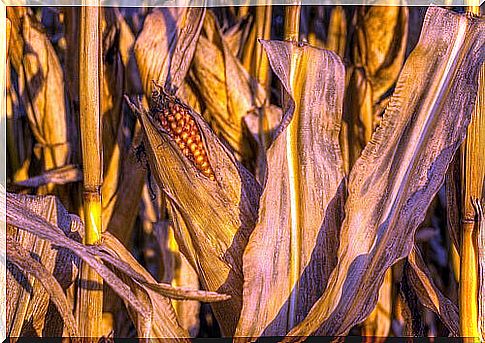
Perfluorooctanoic acid or PFOA for short is a chemical substance that is used to make the inside of the popcorn package waterproof. It keeps the popcorn kernels from sticking together. However, the substance is carcinogenic and harmful to animals and humans.
PFOA is difficult to degrade and therefore accumulates in the environment and also in the human body. It causes, among other things:
- Elevated cholesterol levels
- Chronic Kidney Problems
- Respiratory conditions such as asthma
- Pulmonary Lung Diseases
For the ready-made popcorn eaters among us the following:
- Studies have shown that 20% of PFOA found in the human body comes from microwaveable packaging.
When the package is opened, about 80% of these toxic gases escape. Thereafter, the effect diminishes rapidly, although the PFOAs are still present after opening the package.
Hydrogenated fats in which popcorn is made
Some versions of the microwave popcorn contain trans fats in the form of partially hydrogenated fats. Trans fats are very bad for your health. Since they increase the level of bad cholesterol and at the same time decrease the level of good cholesterol.
In addition, trans fats cause the arteries to clog, which increases the risk of heart disease. Inflammatory reactions all over the body are also more common if the intake of trans fats is too high.
Guidelines from the American Food Organization allow food manufacturers to round down to 0 on the packaging the statement of levels of trans fats less than 0.5 grams per serving. This means that if the packaging states ‘no trans fats’, there may still be trans fats present.
What is the alternative to microwave popcorn?
The natural alternative to microwave popcorn is of course preparing your own popcorn at home. It is surprisingly easy to prepare. Inexpensive, without the health risks of the ready-to-use version. While retaining the healthy effects of the natural food product corn.
The healthy variant provides a large amount of dietary fiber, which stimulates the intestinal function and is good for the general digestion. It is also a good source of vitamin B and a number of minerals such as:
- Magnesium
- Phosphorus
- Iron
- Zinc
- Manganese
A simple recipe to make your own popcorn:
- First, heat two tablespoons of butter or oil in a large saucepan over medium heat.
- Then add half a cup of organic corn kernels.
- Then mix the grains with the oil and cover the pan.
- The kernels will start popping in less than a minute. If you no longer hear popping noises, the popcorn is ready.
- Then sprinkle a little sea salt over the popcorn or another natural seasoning of your choice. For example, you can use black pepper, paprika or a mix of different types of spices.
